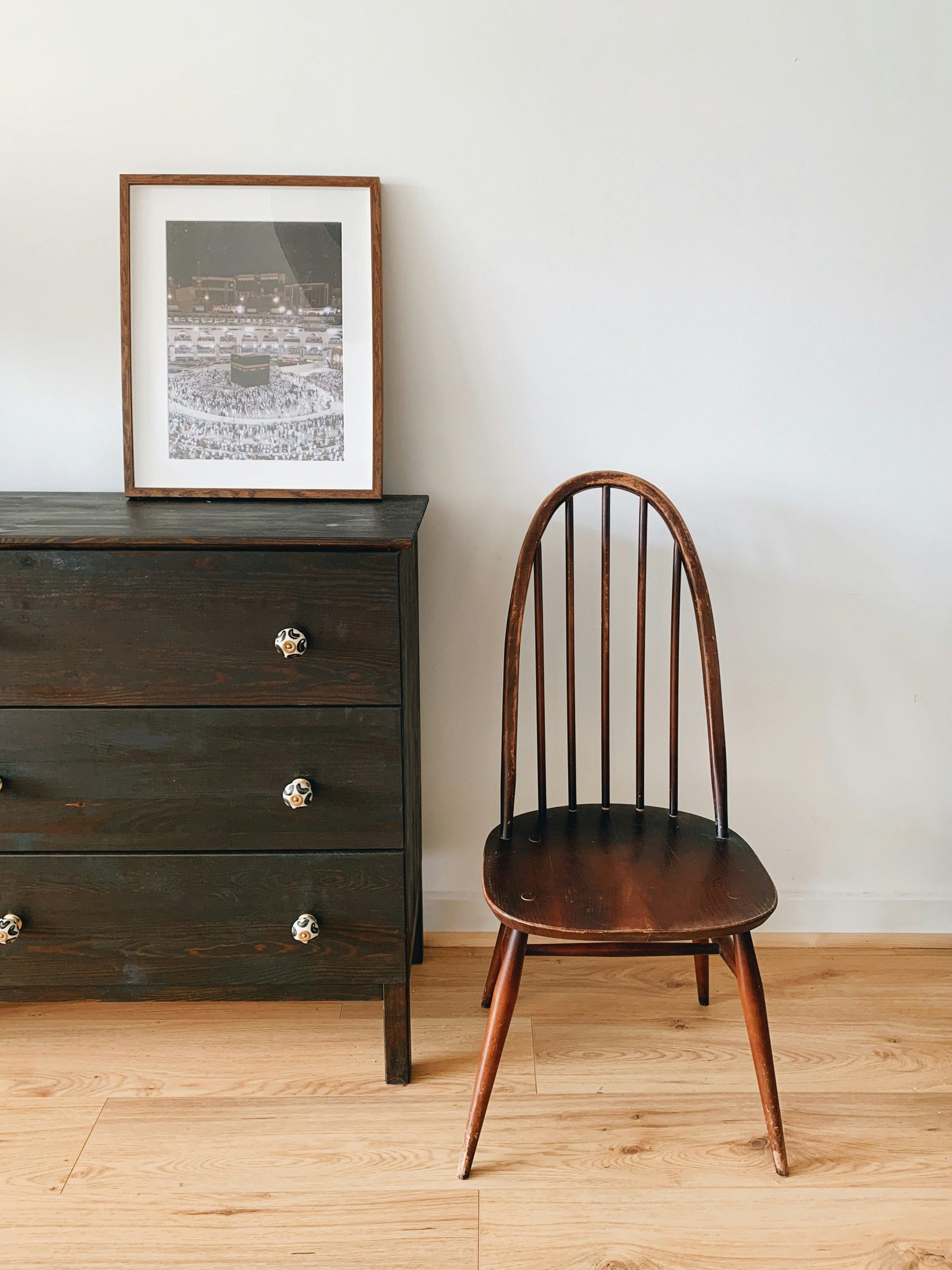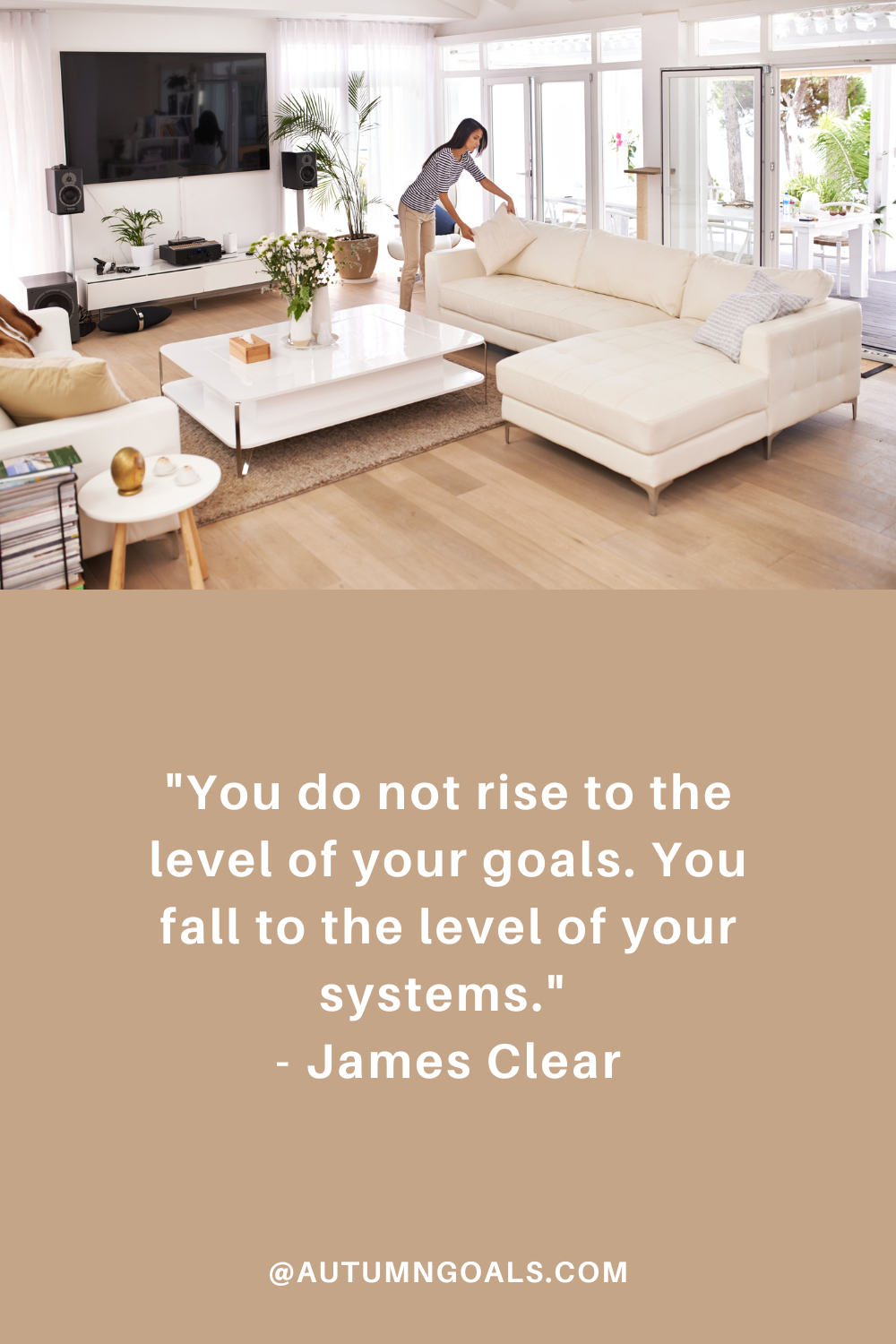How Minimalism Can Improve Your Mental Health

Understanding Minimalism in Modern Life
In today’s fast-paced world, many individuals find themselves surrounded by an overwhelming amount of possessions, tasks, and digital distractions. Minimalism offers a transformative solution, advocating for the idea that by embracing a more simplistic lifestyle, one can ultimately enhance their quality of life. At its core, minimalism encourages individuals to prioritize what truly matters—be it relationships, experiences, or passions—thus fostering a sense of clarity and purpose.
Benefits of Minimalism
Research supports the notion that adopting a minimalist lifestyle can lead to various improvements in mental health:
- Decreased Stress: A primary advantage of owning fewer possessions is the reduced burden of maintenance and decision-making. Studies suggest that environments filled with clutter often lead to heightened levels of cortisol, the stress hormone. For instance, individuals living in tidy spaces frequently report feeling more relaxed and in control.
- Enhanced Focus: Minimalist spaces typically promote clarity and concentration. By eliminating distractions, such as excessive decor or unneeded gadgets, one can foster a conducive environment for deep work or creative pursuits. This is particularly valuable for students or professionals who rely on sustained attention.
- Improved Well-being: A clutter-free environment can evoke a sense of peace and contentment. In practices like neuroscience, it’s been shown that a controlled environment can lead to elevated moods and increased feelings of satisfaction in life.
Integrating Minimalism into Daily Life
For those looking to simplify their lives, there are several effective strategies to consider:
- Declutter your living space: Start with one room or area at a time. Assess your belongings and ask yourself if each item adds value to your life. Donating, recycling, or discarding unused items is a practical approach that can create a more serene living space.
- Limit your digital distractions: In a world where technology constantly demands our attention, it’s crucial to manage digital clutter. Consider implementing screen time limits, unsubscribing from non-essential emails, or organizing your digital files to promote a more focused online environment.
- Evaluate your commitments: Analyze your engagements and obligations to determine which are truly fulfilling. Saying no to activities that drain your energy or time can create space for relationships and commitments that enhance your life.
As you embark on your journey towards minimalism, it becomes clear that reducing excess in various forms can lead to greater mental clarity, additional time for cherished activities, and a deeper appreciation for everyday moments. Understanding the intrinsic link between minimalism and mental health provides a compelling narrative for how we can navigate and thrive amidst the chaos of modern living. With every step taken towards simplicity, the promise of a more enriched life awaits.
DISCOVER MORE: Click here to learn how minimalism can improve your daily routine

The Psychological Impact of Clutter
As the clutter in our lives accumulates, both physically and mentally, the toll it takes on our mental health can be profound. The psychological impact of clutter is increasingly supported by research, revealing how our environments can shape our feelings, thoughts, and behaviors. For many, a disorganized space translates into a disorganized mind, often leading to increased anxiety and dissatisfaction. A study conducted by the American Psychological Association highlights that individuals living in cluttered conditions often experience feelings of frustration, decreased productivity, and an overall diminished sense of well-being.
The Connection Between Clutter and Anxiety
Clutter and anxiety share a bidirectional relationship. When surrounded by chaos, individuals may find it challenging to focus on what truly matters, leading to a heightened sense of stress. Furthermore, research indicates that a cluttered environment can trigger feelings of embarrassment or inadequacy, as individuals grapple with the societal norms of ‘having it all together.’ This internal struggle can contribute to prolonged states of anxiety. The process of simplifying one’s living space is not merely about aesthetics; it’s a psychological cleanse that can significantly alleviate anxiety levels.
- Sense of Control: Adopting minimalism can foster a sense of control over one’s environment. By actively choosing what to keep and what to let go, individuals reclaim agency over their personal spaces, resulting in enhanced self-esteem.
- Mindful Living: Minimalism encourages mindfulness. When individuals focus on their remaining possessions and commitments, they develop a deeper appreciation for those elements, effectively reducing anxiety around constant decision-making.
- Detachment from Materialism: Emphasizing experiences over possessions challenges the cultural mindset that equates happiness with material wealth. This shift can lead to increased contentment and gratitude as individuals refocus on relationships and experiences that truly matter.
Minimalism as a Pathway to Clarity
Engaging in minimalist practices can act as a powerful catalyst for mental clarity. As people prune their possessions and commitments, they often discover a newfound ability to prioritize what genuinely brings joy and fulfillment. This clear distinction between ‘need’ and ‘want’ fosters a sense of peace and opens up space for personal growth and creativity. Research by the University of Southern California emphasizes that environments that promote minimalism can enhance cognitive function, allowing individuals to process information more effectively and approach challenges with a refreshed mindset.
In considering how minimalism can improve mental health, it becomes evident that the act of simplifying one’s life is not just about reducing physical possessions; it’s about actively making room for positivity and well-being. As individuals declutter their spaces, they simultaneously declutter their minds, paving the way for a more fulfilling and meaningful existence. Embracing this lifestyle can lead to profound changes in perspective, each choice leading to greater mental liberation and a clearer path towards happiness.
| Mental Clarity | Reduced Stress Levels |
|---|---|
| Enhanced Focus | Less clutter leads to clearer thinking, allowing you to concentrate on what truly matters. |
| Purposeful Living | A minimalist lifestyle reduces distractions, fostering peace and tranquility, and ultimately lowering anxiety. |
The principles of minimalism extend beyond physical belongings; they serve as profound tools for mental wellness. In adopting a minimalist approach, individuals report a significant increase in mental clarity. By decluttering both space and thoughts, one can focus on essential tasks, enhancing productivity. The power of prioritization allows for deeper engagement in pursuits that foster personal fulfillment. Moreover, minimalism promotes purposeful living; each choice becomes more intentional, contributing to a sense of achievement and well-being. The resulting reduction in visual chaos directly correlates with lower stress levels. Research indicates that a clean environment can facilitate a healthier mindset, as the mind becomes less rattled by overwhelming stimuli. For those seeking to cultivate a more tranquil life, exploring minimalism could serve as an enlightening pathway to not just better mental health, but an enriched overall existence.
DISCOVER MORE: Click here for tips on a minimalist wardrobe
The Therapeutic Benefits of Minimalism
The practice of minimalism is increasingly recognized not only for its aesthetic appeal but also for its therapeutic benefits. Embracing a minimalistic lifestyle can promote mental health in various transformative ways, showing that less truly can be more. By prioritizing simplicity, individuals can create nurturing environments that foster tranquility and well-being. Researchers at Harvard University have found that environments designed with less clutter positively impact emotional states and cognitive performance, leading to improved overall mental health.
Emotional Resilience Through Simplified Living
One of the most profound effects of minimalism is its role in building emotional resilience. In a society driven by consumerism, individuals can often feel overwhelmed by expectations and material possessions. Minimalism encourages a strategic shift away from this culture by focusing on essentials, which can enhance emotional stability. A report from the National Institute of Mental Health indicates that individuals who practice minimalism may experience lower levels of depression and anxiety, as they feel less pressure to conform to societal standards.
- Personal Empowerment: Choosing to adopt a minimalist lifestyle reflects a personal commitment to prioritizing mental health. This sense of control can significantly enhance emotional resilience by reminding individuals that happiness is rooted in experiences and relationships rather than possessions.
- Space for Reflection: With fewer distractions, individuals have more opportunities for introspection and reflection. Engaging with one’s thoughts and emotions can lead to greater self-awareness, ultimately fostering a healthier mental state.
- Community Connection: As minimalism often encourages a shift toward valuing experiences, individuals may find themselves investing more in social connections and community involvement. Stronger relationships have been linked with improved mental health outcomes, making this aspect of minimalism particularly beneficial.
Reducing Decision Fatigue with Minimalism
In today’s fast-paced world, decision fatigue has become a common mental health hazard. The constant barrage of choices can be exhausting, leading to increased stress and anxiety. Minimalism directly combats this by simplifying decisions related to material possessions and daily commitments. According to a study from Penn State University, reducing the number of choices leads to better decision-making and less stress. By narrowing down selections—whether in clothing, home décor, or activities—individuals create a clearer path for daily living, allowing them to focus on what truly matters.
The reduction of decision fatigue also paves the way for enhanced creativity and innovative thinking. A clutter-free environment fosters an atmosphere conducive to new ideas and problem-solving, which is crucial for personal and professional growth. When fewer decisions are required to navigate daily life, mental resources are freed up for innovation and critical thinking.
Ultimately, minimalism emerges as more than just a lifestyle choice; it becomes a powerful antidote to the chaos and anxiety of modern living. By integrating minimalist practices, individuals can unlock numerous psychological advantages, from emotional resilience to enhanced clarity and creativity. These benefits underscore the profound connection between minimalism and mental health, highlighting the need for further exploration into how a simpler life can yield a happier mind.
DIVE DEEPER: Click here to uncover the benefits of simple living
Conclusion: Embracing Minimalism for Mental Wellness
As we navigate through the complexities of modern life, the embrace of minimalism becomes an intriguing pathway to not only simplify our surroundings but also enhance our mental health. The therapeutic benefits of minimalism, coupled with its ability to foster emotional resilience, highlight a powerful synergy between a clutter-free lifestyle and improved psychological well-being. When individuals shift their focus from material possessions to meaningful experiences and relationships, they discover a profound sense of empowerment that directly impacts their state of mind.
Moreover, by minimizing distractions and reducing choices, minimalism alleviates the burdens of decision fatigue, allowing for clearer thinking and greater creativity. Evidence from various studies underscores the correlation between a simplified environment and heightened cognitive performance, suggesting that a change in our physical space inevitably influences our mental landscape.
Ultimately, embracing minimalism is more than just a trend; it is a conscious choice to prioritize mental wellness in a world often overshadowed by consumerism and chaos. As individuals seek greater fulfillment, exploring minimalism provides a unique opportunity to cultivate a life rich in purpose, creativity, and emotional stability. The journey toward simplicity is not merely about decluttering, but about enriching our lives and uncovering what truly matters. For those looking to improve their mental health, the lessons of minimalism are not just vacant spaces—they are invitations to a more mindful existence.


